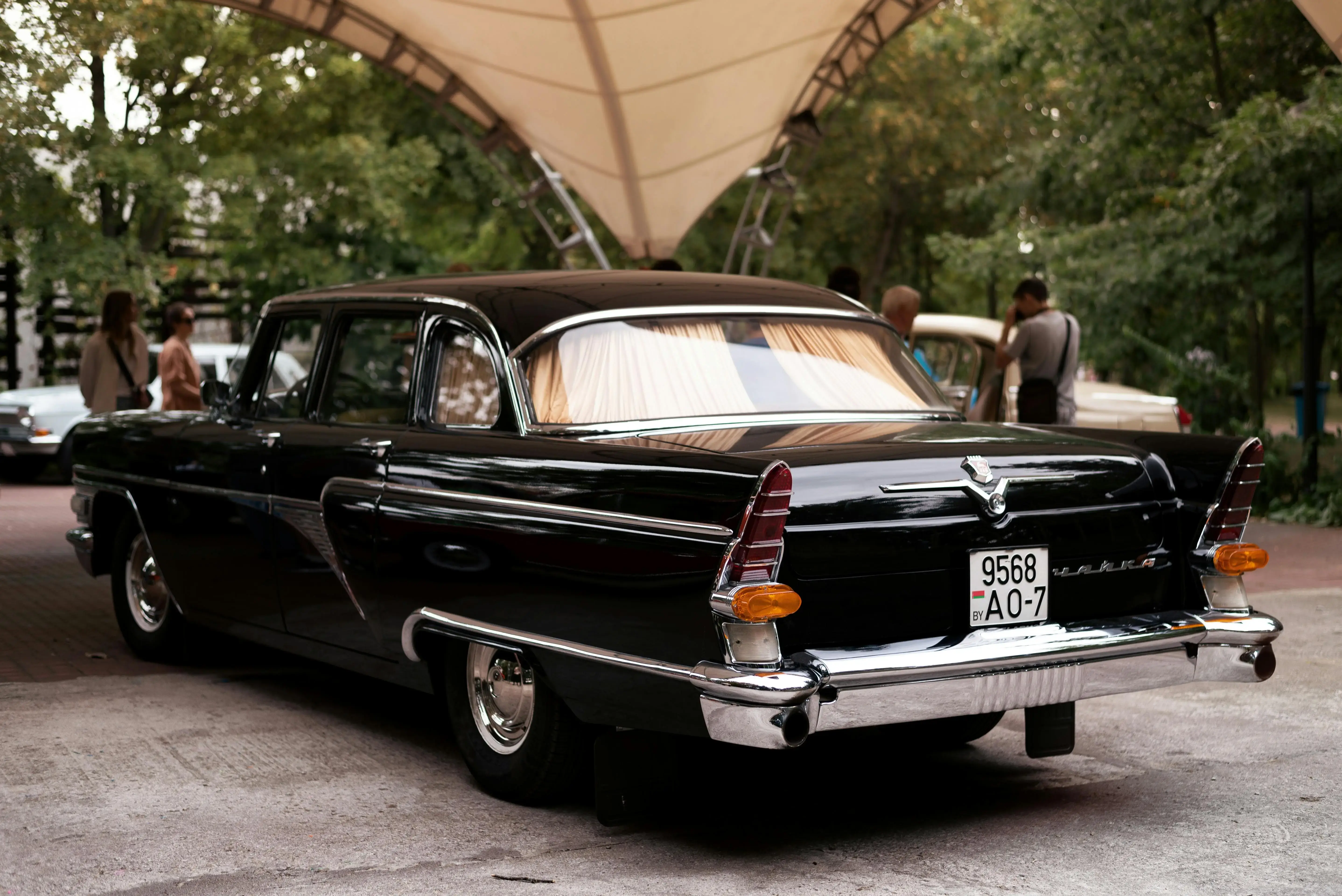Race Car Tariff Strategies: F1 Teams vs. Private Imports
How F1 Teams & Privateers Navigate Tariffs Globally
The global motorsport industry faces unprecedented challenges in 2025, with new tariffs impacting everything from factory-built Formula 1 cars to privateer-owned GT3 racers. While the 25% U.S. import tariff has dominated headlines, teams competing in tariff-heavy regions like China and Brazil must navigate even more complex regimes. This analysis reveals how professionals leverage temporary import strategies, competition classifications, and legal loopholes to minimize costs while maintaining compliance.
Key Tariff Challenges for Motorsport

Permanent vs. Temporary Import Costs
| Import Type | China Duty | Brazil Duty | U.S. Duty |
|---|---|---|---|
| Permanent | 145% | 35% | 25% |
| Temporary (Competition) | 0%* | 0%* | 0%* |
The Classification Divide: Competition vs. Private Use
Competition Use (HS Code 9903.94.02)
-
Applies to vehicles used exclusively for track events
-
Requires:
-
FIA/ACO homologation papers
-
Event entry confirmation
-
Non-road compliance certification
-
Private Use (HS Code 8703.24.01)
-
Treated as standard passenger vehicles
-
Subject to full tariff rates
-
Requires full DOT/EPA compliance
As detailed in our race car import exemption guide, misclassification can result in six-figure penalties.
Regional Strategies for Major Markets
China: Leveraging "Major Event" Exemptions
China’s 145% tariff on imported vehicles includes a critical exception for motorsport:
-
Event-Specific Carnets: Temporary imports for F1, WEC, or GT World Challenge events avoid duties if re-exported within 30 days post-event.
-
Component Loophole: Teams like Ferrari ship chassis separately from engines (25% vs. 145% duty).
-
Local Partnerships: Red Bull Racing’s collaboration with Lynk & Co allows use of domestically built safety cars to avoid import costs.
Brazil: The "Taxi Team" Workaround
Brazil’s 35% tariff has led to innovative solutions:
-
Local Registration: Privateers register cars as "taxis" (0% duty for commercial vehicles) for endurance events.
-
Fabrication Rules: Cars with 51% Brazilian-made components qualify for duty reduction.
-
Event Bonding: The Interlagos circuit offers bonded storage, allowing teams to retain cars tariff-free between annual events.
United States: TIB for Track-Only Use
The Temporary Importation Bond (TIB) permits:
-
12-month duty-free stays for competition vehicles
-
Extensions for multi-year racing campaigns
-
Storage in bonded warehouses between events
F1 Team Logistics: A Case Study in Efficiency
Pre-Season Preparation
-
Sea Freight Rotation: Containers cycle between races (e.g., Melbourne → Singapore → Suzuka) to avoid re-entry tariffs.
-
Dedicated Customs Brokers: DHL files 2,800+ documents per F1 Grand Prix.
Race Weekend Protocol
-
Tuesday: Priority pallets arrive (garage walls, IT systems)
-
Wednesday: Cars clear customs under "competition goods" classification
-
Sunday Night: Crates resealed for immediate re-export
Cost Comparison: F1 vs. Privateer
| Expense | F1 Team Cost | Privateer Cost |
|---|---|---|
| China Tariff Avoidance | $0 | $1.2M (per car) |
| Brazil Storage | $18k/month | $45k/month |
| TIB Compliance | Included | $7k/application |

The "Show and Display" Law
Limited-edition super cars and hyper cars (e.g., Aston Martin Valkyrie AMR Pro) of different ages can enter under the exhibition status:
-
2,500-mile annual limit
-
Requires historic significance documentation
-
Saves $450k+ on a $2M import vs. standard duty
Component Sourcing Networks
Savvy privateers use:
-
USMCA-compliant engines from Mexico (0% duty)
-
EU-sourced chassis under "repair parts" classification (2.5% duty)
-
Asian electronics via South Korea FTA routes
Event Stacking
By entering 3+ FIA-sanctioned events annually, teams maintain perpetual "competition" status, avoiding private use reclassification.
How West Coast Shipping Supports Motorsport Logistics
Our specialized services help teams navigate this complex landscape:
-
TIB Management: Automated bonding and re-export tracking
-
Component Labeling: HS code optimization for partial assemblies
-
Bonded Storage: Global network near major circuits
For teams competing at high-profile events like Monterey Car Week, we provide end-to-end temporary import solutions.
The Future of Racing Logistics
As tariffs reshape global trade, motorsport logistics now demand Formula 1-level precision from all competitors. By mastering classification rules, temporary import tools, and regional loopholes, teams can maintain competitiveness despite rising trade barriers.
Need expert guidance? Our race car shipping services handle documentation, compliance, and global transport for professional teams and private collectors.
You May Also Like
These Related Stories

Ship Cars To The US From France: 2025 Rates, Rules & Paperwork

Top US Car Import Ports 2025: California, NY, Florida & Texas Compared

-093789-edited.png?width=220&height=79&name=wcs_final_logo_(1)-093789-edited.png)
